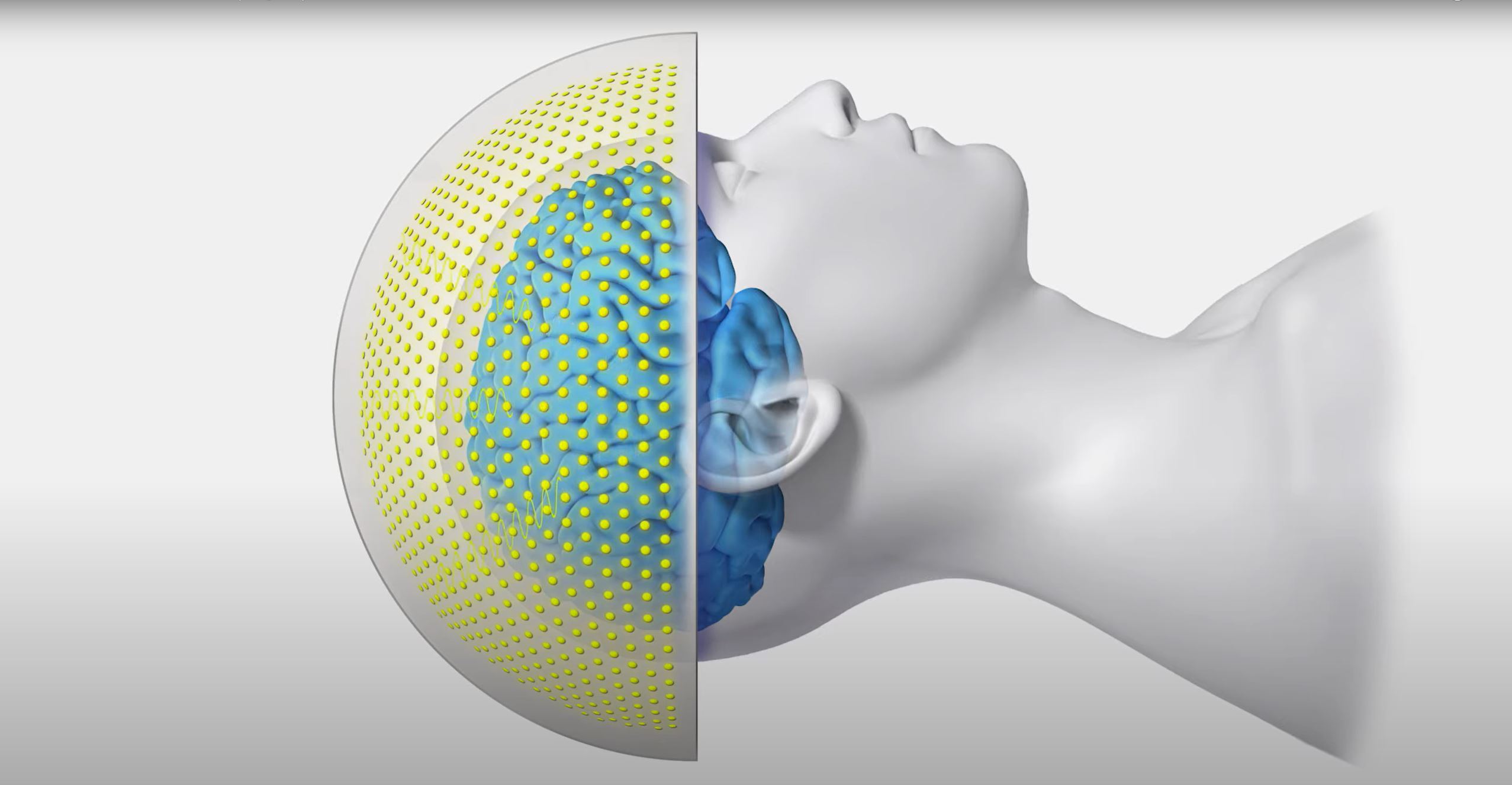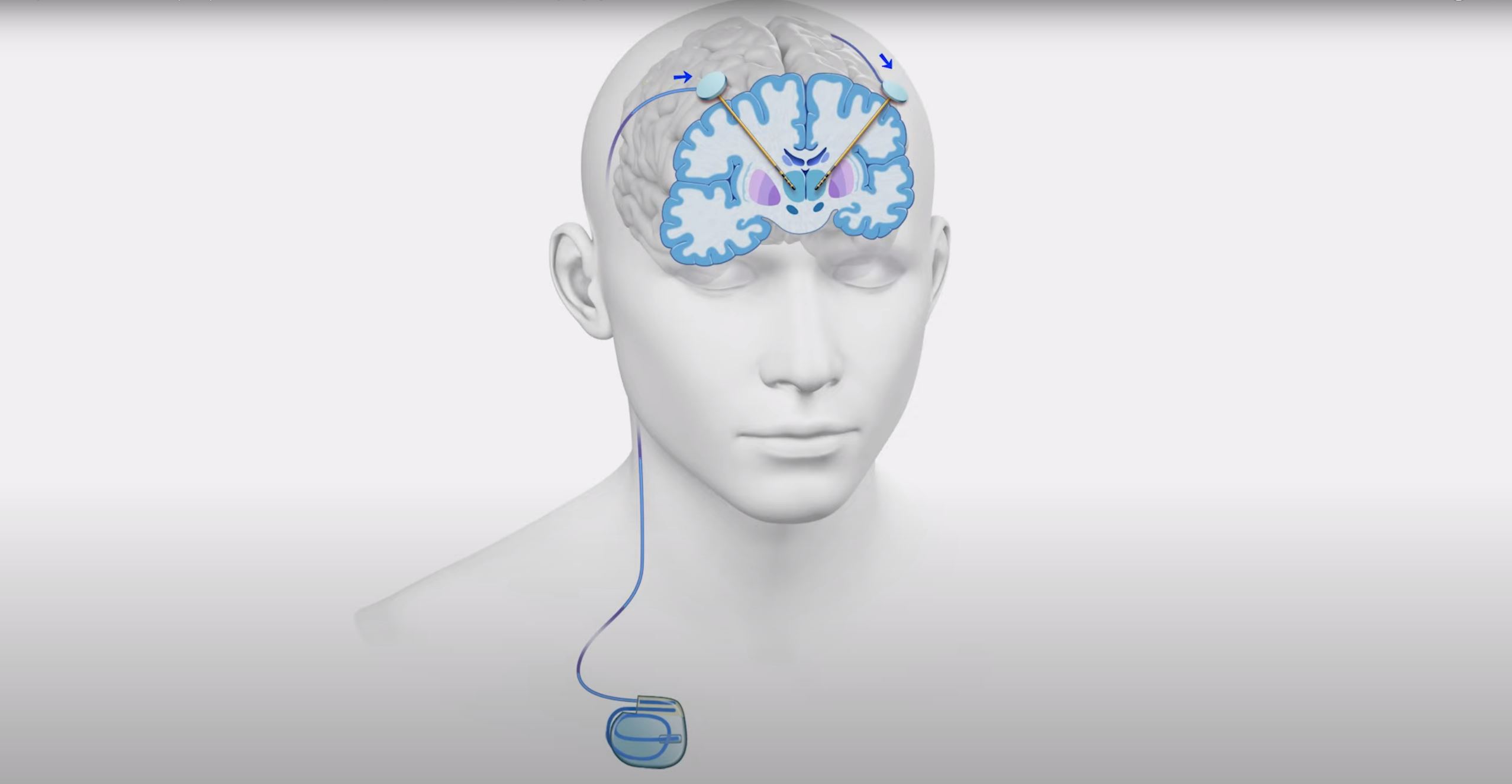New to MyHealth?
Manage Your Care From Anywhere.
Access your health information from any device with MyHealth. You can message your clinic, view lab results, schedule an appointment, and pay your bill.
ALREADY HAVE AN ACCESS CODE?
DON'T HAVE AN ACCESS CODE?
NEED MORE DETAILS?
MyHealth for Mobile
- Globally recognized expertise: Our board-certified neurologists are known around the world for spearheading leading-edge research and effective therapies for Parkinson’s disease.
- Advanced treatments: Stanford Medicine neurologists and neurosurgeons are at the forefront of the latest treatments for Parkinson’s disease, including innovative deep brain stimulation techniques.
- Team approach: Your care team includes skilled neurologists, neurosurgeons, psychologists, and physical, occupational, and speech therapists. We work together to create a customized care plan that meets your needs.
- Clinical trials: We pioneer several clinical trials that explore new ways to treat Parkinson’s and identify risk factors for the disease. Eligible patients have access to promising therapies available only at Stanford Medicine.
- Comprehensive support: Our team offers a range of supportive services for you and your caregivers, including mental health care and specialized assistance.
- Ease of access: You’ll have convenient access to providers, treatments, and support services at several locations across the Bay Area. Our International Medical Services team can assist you with travel and accommodations if you’re coming from outside the United States.
Connect to Care
Let us help find personalized care options for you and your family.
Interested in an Online Second Opinion?
The Stanford Medicine Online Second Opinion program offers you easy access to our world-class doctors. It’s all done remotely, and you don’t have to visit our hospital or one of our clinics for this service. You don’t even need to leave home!
Visit our online second opinion page to learn more.
Parkinson’s Disease Treatments
As leaders in Parkinson’s disease research and care, we offer the latest treatments. We work closely with you to create a treatment plan that fits your life, and we adjust the plan as your needs change. Treatments for Parkinson’s disease include:
Several medications can improve symptoms of Parkinson’s disease. These drugs can be used alone or in combination. Many of these medications replace dopamine in your brain or help your brain cells communicate with each other, leading to improved motor function.
As part of your treatment you may receive customized support from these types of therapists:
- Speech therapists help you with speech problems and swallowing disorders.
- Physical therapists work with you to strengthen muscles and improve flexibility and movement.
- Occupational therapists help you perform daily life activities, such as getting dressed, bathing, preparing meals, and brushing your teeth.
As leaders in neuroscience research and treatments, our team is at the forefront of the latest advances in Parkinson’s surgical care. We specialize in:
Deep brain stimulation (DBS)
This treatment, a type of neuromodulation, involves a surgical procedure to implant a lead into your brain. A lead is a thin, coiled wire with small electrodes. Your surgeon also places a small device called a neurostimulator under your skin near your collarbone. After surgery, the neurostimulator delivers electrical signals through the lead to your brain. The signals control involuntary movements and improve Parkinson’s symptoms.
Stanford Health Care was one of the first sites in the United States to perform DBS. Our team has been pioneering techniques such as frameless stereotaxy, robotic approaches, network targeting, and asleep microelectrode recording techniques to increase your comfort and maximize outcomes.
Focused ultrasound
This noninvasive procedure treats tremor and other movement problems that result from Parkinson’s disease. Guided by MRI images, doctors aim ultrasound beams directly at the areas of your brain that are causing Parkinson’s symptoms. The ultrasound beams destroy the abnormal tissue without damaging healthy brain tissue.
Duopa
During this surgical procedure, your doctor creates an opening in your stomach (stoma) and places a small tube that goes into your intestine. Every day, you use a pump to deliver a dose of medication directly into your intestine through the tube.
Many people with Parkinson’s disease experience depression and other mood changes. To address these concerns, your doctor may recommend counseling or therapy with a trained psychologist. You may find it helpful to talk through your feelings and share your experiences with a specialist who works with people who have Parkinson’s disease.
To request an appointment with a specialist, call 650-723-6469.


